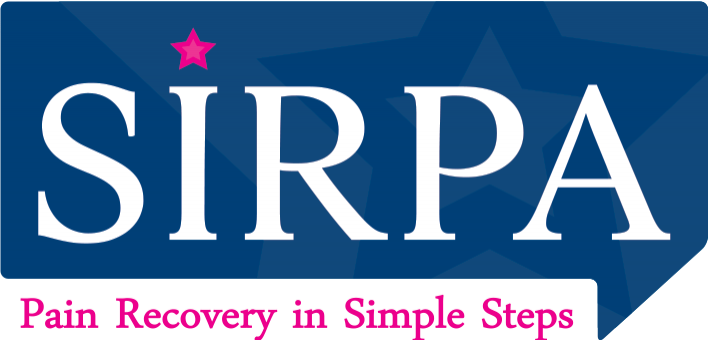Nobody wants to be in pain. By its nature it is distressing, but that is the point. Pain is an alarm in your brain. It is designed to get your attention. But our understanding within society of what pain is telling us, is not always what we think. We can easily understand the paper cut, and the broken bone or muscle tear with the local damage to the tissues causing nerve fibres to fire off resulting in the brain producing pain, so we protect the area to allow optimal healing. However, when the pain lasts longer than the period of time it takes for the area to heal, or the pain starts on its own with no obvious physical trauma, this becomes a little more confusing.
Chronic (meaning prolonged) pain can be much more distressing that acute pain because the sufferer has much less control of their symptoms. There is less hope as time goes on and no end to the ordeal is obvious. In contrast to a torn muscle that we know will take anywhere from 3 weeks to 3 months depending on the severity of the tear, chronic pain can last for years. One can modify their life for a short period of time when you know it is temporary. This is not the same with chronic pain, as the end point at which you get your life back is unknown. This is really hard.
Traditional methods of treating pain have revolved around managing the pain. Learning to cope with the pain experience; coming to terms with the fact that you are a chronic pain sufferer and you need to just push on with life anyway. Whilst this approach may be appropriate for certain conditions where a structural cause has been identified and nothing more can be done (eg cancer, severe arthritis), but it is not so helpful in conditions where the healing has taken place and the pain still persists, or where there is no obvious cause for the pain. This pain is now referred to as primary pain and makes up a large percentage of chronic pain problems. The pain management approach may have been helpful for some to get some of their life back, but for others this approach has condemned them to a life of misery, progressing disability with no hope of recovery, despite the lack of a structural diagnosis being responsible for their pain.
Our understanding of pain and what it means is improving all the time to the point that we now see chronic primary pain as treatable. There are plenty of success stories of people having moved on from very disabling pain and an understanding of the mechanisms at play in chronic pain allows us to see why this is possible.
Chronic primary pain is treatable. There is a growing body of research that demonstrates this and provides us with good, rational, scientific evidence that it is possible and why, and the breakthrough is in the growing field of mindbody medicine. It is estimated that 40% of conditions seen in a GP surgery are mindbody disorders and yet this approach is really not discussed. There is definitely more awareness of mental health issues in society, but these are not considered in the genesis of things like migraine, low back pain, IBS or autoimmune disorders. An understanding of the way our bodies work with our mind, allows us to begin to see the interrelationship between our bodies physiological reactions and the way we think, or process our emotions.
The resolution of chronic primary pain is possible and the first step is an understanding of the problem. If you are interested in resolving your chronic pain, please check these resources out. If you feel that you want help with your recovery, we have pain specialists in physis that can coach you through the process. Addressing pain through the mind body approach is a coaching process that you will not get on the NHS. As you will see, many people recover through simply coming to an understanding of the issues. Many people take a lot longer, with a lot more input from health professionals. There are enough free resources to allow you to work on your own, or you can work with us, and allow us to coach you through the process to help you recover. This process is not easy, but it seems to work.
We have experience treating persistent pain using Pain Reprocessing Therapy, which is a mind-body approach to pain that focuses on the re-appraisal of somatic (body) sensations through understanding and experiencing, as well as Cognitive Functional Therapy, which is a comprehensive bio-psycho-social approach to persistent pain. We are affiliated to the PPDA and SIRPA.
As an affiliated clinic to SIRPA you can work with us and go through an online chronic pain recovery programme, or just do this on your own. You can access the SIRPA recovery programme here:

If you are interested in a 1-2-1 consultation for your chronic pain please let us know by emailing us on [email protected] or phoning 0131 478 4646.
These services are available at our Trinity and Westwood Edinburgh Physiotherapy clinics or on-line.
Expert physiotherapy from professionals, registered with the Health Care Professions Council and all the major insurance companies. Based from four clinics covering all areas of Edinburgh.
©2025 Physis Physiotherapy | Powered by 291 Media